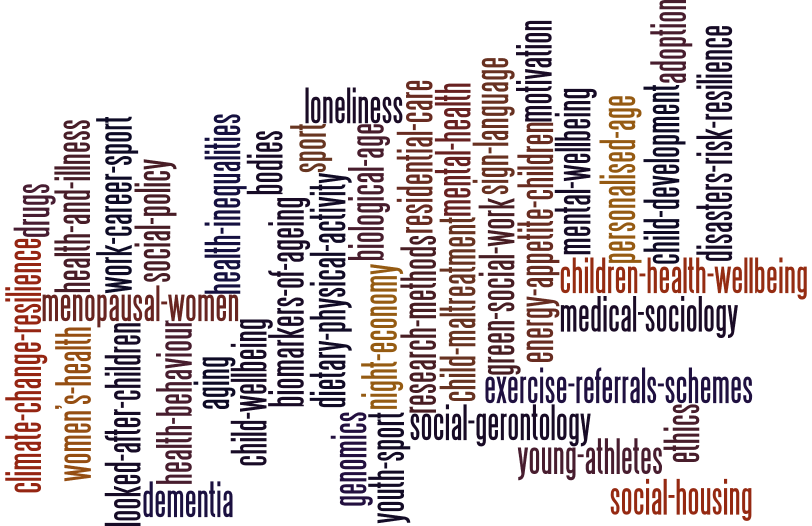Health beyond biomedicine

Biomedicine, more commonly known as ‘conventional’ medicine, has characterised the health system in the UK for many years. It tends to prioritise the understanding and treatment of biological and physiological effects of different conditions, and views health as ‘good’ or ‘bad’, with responses managed in clinical settings. At Durham University we do great biomedical research. We also look at how behaviour, environment, culture, economic status and many other factors influence health. By intergrating this understanding with the biomedical model, we begin to understand not only health conditions, but how to support health holistically.
Such a perspective leads to more personalised treatment, more proactive prevention, and enables us to reach and
engage groups in the population that are left behind in more traditional approaches.
Only in this way will we be truly able to move the focus of healthcare away from the biomedical factors that cause disease and the ubiquitous reactive approach to ill-health. Our enquiries seek to include factors that support human health and wellbeing and understand our experience of health and ill-health. By drawing on the human experience of health, we can translate this knowledge base into practical and cost-effective approaches to guide the decision pathway of clinicians, clinical commissioning groups (CCGs), local and national public health bodies and international non-governmental organisations.
Our approach is enriched by meaningful engagement with the public. We include a breadth of stakeholders and engage with the public as people invested in their communities and local networks. In doing so, we widen the discourse, developing solutions that go beyond those that reach ‘most of the people most of the time’.
Please find below links to our briefing document, one-page summary and a short video.


/prod01/prodbucket01/media/durham-university/research-/research-institutes/wolfson-research-institute/60056.jpg)